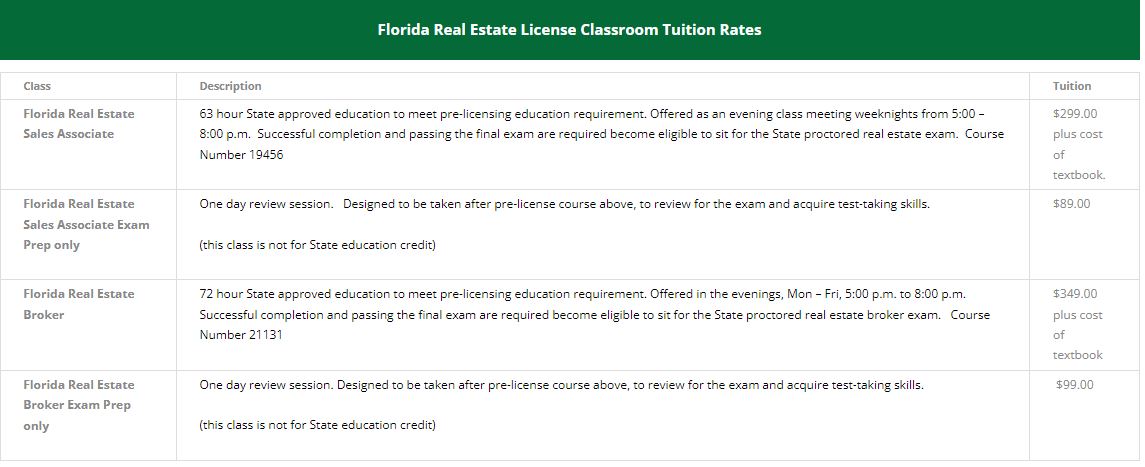
Closing day is the final step in your home-buying journey. This is the day that negotiations are over, inspections are complete, and you officially own your home.
It is exciting for buyers and can also be nerve-wracking. Not only does it include a lot of paperwork, but it also involves the final performance of all agreements between the buyer, seller and lender for the purchase and financing of the property.
Your responsibilities at closing day
The buyer's responsibility on the closing date is to read and sign the legal documents describing the terms of purchase of the house. The majority of these documents are relating to your mortgage, but there are some other important things you will need to be aware of before you sign them.

What happens when you sign the closing document?
After you have signed the closing documents the lender will record a legal document known as a title or "deed". This is the document that transfers the ownership of the house to you. It can take some time, but is worth it in order to confirm that you are the owner of the property and that there are no liens against it.
You will also have to sign a mortgage. It is a form which details your home loan information, including the amount and interest rate. This document, which highlights your rights as a borrowers, is crucial to the closing.
You agree, when you sign an mortgage, to repay it in full. If you default on the mortgage, you risk losing your house.
Your financial situation may have changed since you submitted your application for a mortgage. Therefore, your lender wants to verify that you still meet the requirements for the loan. Your lender will send you a copy your "closing document" or mortgage closing disclosure to review. If you have any concerns about your financial standing, ask your realtor or mortgage broker to explain what you are signing.

What's more, your lender might also require you to sign other documents pertaining to the mortgage. Some of these documents include an Affidavit Of Truth or a Statement that you have completed all repairs prior to closing.
The type of closing document you will need to sign depends on the home that you're purchasing. Some lenders may require you to sign an "affidavit of mortgage" stating that you've received an appraisal for the property and that you don't have any outstanding mortgages.
Affidavits play a vital role in the home-buying process because they confirm that you have given accurate and true information. The affidavit confirms that you made all the necessary repairs before closing the sale and that the property is in good working order and can be sold for the full price.
FAQ
Can I get another mortgage?
Yes. However it is best to seek the advice of a professional to determine if you should apply. A second mortgage is often used to consolidate existing loans or to finance home improvement projects.
How do I calculate my rate of interest?
Market conditions impact the rates of interest. The average interest rate during the last week was 4.39%. The interest rate is calculated by multiplying the amount of time you are financing with the interest rate. If you finance $200,000 for 20 years at 5% annually, your interest rate would be 0.05 x 20 1.1%. This equals ten basis point.
Is it cheaper to rent than to buy?
Renting is often cheaper than buying property. But, it's important to understand that you'll have to pay for additional expenses like utilities, repairs, and maintenance. There are many benefits to buying a home. You will be able to have greater control over your life.
How can I get rid of termites & other pests?
Termites and many other pests can cause serious damage to your home. They can cause severe damage to wooden structures, such as decks and furniture. You can prevent this by hiring a professional pest control company that will inspect your home on a regular basis.
What is reverse mortgage?
A reverse mortgage lets you borrow money directly from your home. It works by allowing you to draw down funds from your home equity while still living there. There are two types of reverse mortgages: the government-insured FHA and the conventional. Conventional reverse mortgages require you to repay the loan amount plus an origination charge. FHA insurance covers your repayments.
How can I repair my roof?
Roofs can become leaky due to wear and tear, weather conditions, or improper maintenance. For minor repairs and replacements, roofing contractors are available. Contact us to find out more.
How long does it usually take to get your mortgage approved?
It depends on several factors including credit score, income and type of loan. It usually takes between 30 and 60 days to get approved for a mortgage.
Statistics
- Based on your credit scores and other financial details, your lender offers you a 3.5% interest rate on loan. (investopedia.com)
- 10 years ago, homeownership was nearly 70%. (fortunebuilders.com)
- When it came to buying a home in 2015, experts predicted that mortgage rates would surpass five percent, yet interest rates remained below four percent. (fortunebuilders.com)
- It's possible to get approved for an FHA loan with a credit score as low as 580 and a down payment of 3.5% or a credit score as low as 500 and a 10% down payment.5 Specialty mortgage loans are loans that don't fit into the conventional or FHA loan categories. (investopedia.com)
- Over the past year, mortgage rates have hovered between 3.9 and 4.5 percent—a less significant increase. (fortunebuilders.com)
External Links
How To
How to manage a rental property
Although renting your home is a great way of making extra money, there are many things you should consider before you make a decision. We'll show you what to consider when deciding whether to rent your home and give you tips on managing a rental property.
This is the place to start if you are thinking about renting out your home.
-
What factors should I first consider? Take a look at your financial situation before you decide whether you want to rent your house. You may not be financially able to rent out your house to someone else if you have credit card debts or mortgage payments. It is also important to review your budget. If you don't have enough money for your monthly expenses (rental, utilities, and insurance), it may be worth looking into your options. This might be a waste of money.
-
How much does it cost for me to rent my house? Many factors go into calculating the amount you could charge for letting your home. These include things like location, size, features, condition, and even the season. Prices vary depending on where you live so it's important that you don't expect the same rates everywhere. Rightmove shows that the median market price for renting one-bedroom flats in London is approximately PS1,400 per months. This means that if you rent out your entire home, you'd earn around PS2,800 a year. While this isn't bad, if only you wanted to rent out a small portion of your house, you could make much more.
-
Is it worth the risk? You should always take risks when doing something new. But, if it increases your income, why not try it? It is important to understand your rights and responsibilities before signing anything. It's not enough to be able to spend more time with your loved ones. You'll need to manage maintenance costs, repair and clean up the house. Make sure you've thought through these issues carefully before signing up!
-
Are there any benefits? It's clear that renting out your home is expensive. But, you want to look at the potential benefits. Renting your home is a great way to get out of the grind and enjoy some peace from your day. You will likely find it more enjoyable than working every day. If you plan ahead, rent could be your full-time job.
-
How can I find tenants? After you have made the decision to rent your property out, you need to market it properly. Listing your property online through websites like Rightmove or Zoopla is a good place to start. After potential tenants have contacted you, arrange an interview. This will enable you to evaluate their suitability and verify that they are financially stable enough for you to rent your home.
-
What are the best ways to ensure that I am protected? If you fear that your home will be left empty, you need to ensure your home is protected against theft, damage, or fire. You'll need to insure your home, which you can do either through your landlord or directly with an insurer. Your landlord will likely require you to add them on as additional insured. This is to ensure that your property is covered for any damages you cause. This doesn't apply to if you live abroad or if the landlord isn’t registered with UK insurances. In this case, you'll need to register with an international insurer.
-
Sometimes it can feel as though you don’t have the money to spend all day looking at tenants, especially if there are no other jobs. However, it is important that you advertise your property in the best way possible. A professional-looking website is essential. You can also post ads online in local newspapers or magazines. It is also necessary to create a complete application form and give references. While some prefer to do all the work themselves, others hire professionals who can handle most of it. Interviews will require you to be prepared for any questions.
-
What should I do after I have found my tenant? If you have a current lease in place you'll need inform your tenant about changes, such moving dates. Otherwise, you can negotiate the length of stay, deposit, and other details. You should remember that although you may be paid after the tenancy ends, you still need money for utilities.
-
How do I collect the rent? When it comes to collecting the rent, you will need to confirm that the tenant has made their payments. If not, you'll need to remind them of their obligations. Before you send them a final invoice, you can deduct any outstanding rent payments. You can call the police if you are having trouble getting hold of your tenant. They will not normally expel someone unless there has been a breach of contract. However, they can issue warrants if necessary.
-
How can I avoid potential problems? While renting out your home can be lucrative, it's important to keep yourself safe. Ensure you install smoke alarms and carbon monoxide detectors and consider installing security cameras. Make sure your neighbors have given you permission to leave your property unlocked overnight and that you have enough insurance. Finally, you should never let strangers into your house, even if they say they're moving in next door.